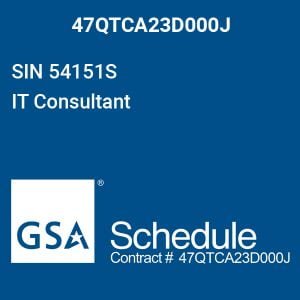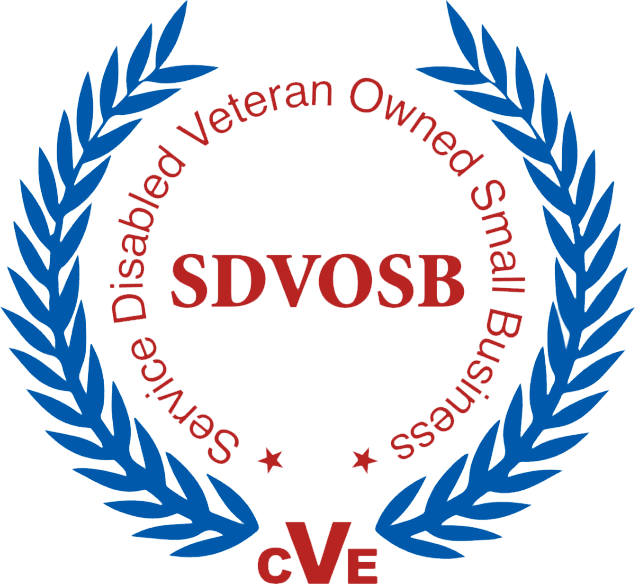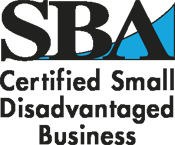Proprietary or open-source software – there is no simple way of finding out which software development model is for your company. Each software class has multiple pros and cons, besides other dependencies such as extensibility that can be ideal for some projects and not for others.
As a project owner, one of the most challenging decisions you’ll make is examining and skimming through these details and seeing what features and characteristics are required for your company.
This article will provide a streamlined yet helpful exposition of the proprietary software vs. open-source software debate. Find out the differences and learn when to use which.
Unlock the future of intelligent applications with our cutting-edge Generative AI integration services!
All About The Open-Source Software
Computer software has an open-source code on the internet for programmers to modify and add the latest features and capabilities without any cost. Open-source software is also known as OSS. The software is developed and tested through open collaboration, and a community of open-source developers manages it. It offers community and commercial support, which is also free of cost. Sometimes it comes with a license, but other times it doesn’t.
It has four main principles:
- The software is free to be used for all purposes.
- It allows you to study how software work.
- You have the freedom to modify and advance the program.
- There are zero restrictions and redistribution.
There are various examples of open-source software. Some of the famous ones are:
- Linux
- Drupal
- LibreOffice
- WordPress
- Apache
- Mozilla Firefox
- Chromium
Open-source Software Pros
- It is free to try, use, transform, and reallocate.
- Free community forums that offer support.
- Open standards that boost clearness.
- Advance security.
- Reduced bugs and quick fixes.
- There is no vendor lock-in.
- There are no IP restrictions.
- License management is easy.
- It can easily be scaled and extended.
Open-source Software Cons
- There is no competitive advantage.
- The community support is not well-suited for business situations.
- There might be hidden costs.
- It requires intense personalization to meet specialized use cases.
- There are limited liability and warranty protections.
All About The Proprietary Software
Proprietary software is one where source codes are not publicly available, the company that has created it is the only one to alter it to their needs. The company does all the software testing and development alone, and there is no link with the public. The software is only managed by the team that has helped develop it. If you need this software, you need to pay a certain amount to get it. The company will then give you a license to use the software.
However, this license does put some restrictions on its users. These include:
- The number of installations of the software onto the computers.
- If the software is being shared illegally.
- There is a time limit till when the software can operate.
- There are limited features available. The characters are not all accessible to the users.
There are various examples of proprietary software. Some of the famous ones are:
- Microsoft Windows and Microsoft Office
- Slack
- Adobe Photoshop
- Norton antivirus
Proprietary Software Pros
- Detailed usability due to a few choices of features.
- An increased product steadiness because of the commercial nature of the software.
- Expert technical assistance mainly for business clients.
- There is a warranty and limited liability protection for end-users.
- You can get full ownership and use the software entirely after paying the license fee.
- Continuing committed support, apprises software development, and bug fixes.
Proprietary Software Cons
- There are considerable costs to bear at the start.
- There is not enough flexibility and extensibility.
- Vendor lock-in.
- If you need some customization, you’ll have to pay more.
- You will have to rely on the vendor to continue debugging and advancing the product.
- If you wish to transfer the software products to another company, it can compromise your privacy.
- TOS and EULA are primarily difficult.
- The licensing process is intricate.
The Main Differences Between Proprietary And Open Source Software
Features
There are many features of open-source software. It is because many people are contributing to the base that expands its scope. On the other hand, proprietary software has limited features as it only has a few resources, which stem from the company that created it.
Cost
Open-source software is free, so there is almost no upfront cost. Nevertheless, it adds cost if you go for customization, support, or maintenance. If you look at proprietary software, it has a comparatively higher price. But then again, it depends on your vendor. These costs can be offset if your vendor offers you support and maintenance.
Flexibility (Customization)
Open-source software is known for its flexibility and easy customization. Users find it simple to work with. Proprietary software, however, is not the same. Because of the inbuilt restrictions, it is rigid and does not provide its users with so much ease.
Security
It might come as a shock to some, but open-source software is secure. It is mainly because many people are scanning the code, and due to that, any fixes are made promptly by community members. Proprietary software, on the other hand, is also secure. However, it tends to have more exploits. But that’s that. Since no one knows about the software, the exploits aren’t known as well. So it is secure as well.
Small Disadvantaged Business
Small Disadvantaged Business (SDB) provides access to specialized skills and capabilities contributing to improved competitiveness and efficiency.
Conclusion to Proprietary Software Vs. Open-Source Software
Both proprietary and open-source software are essential for businesses. Each plays its role in fulfilling your project requirements. Sometimes, it is best to use both.
With the increase in software applications worldwide, all businesses need to follow which model for their company and specific projects. At Cloud Computing Technologies, we aim to guide our customers through all their needs concerning developing software and direct them to know what each model works best for.
In case you require more information about our offerings, or if you’d just like to review your own needs in detail, you can get in touch with Cloud Computing Technologies instantly!
Further blogs within this Best Practice for using Open-Source Software category.






